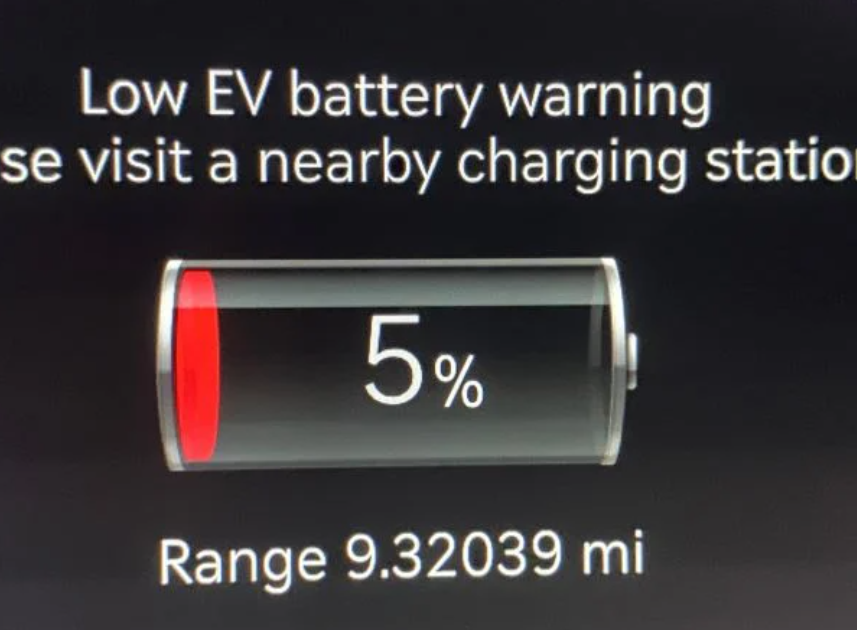A new survey by consumer watchdog Which? has shed light on how quickly an EV’s battery life declines over time, suggesting that while battery degradation is inevitable, it may not be as severe as many fear.
The results revealed that owners of EVs bought around 2017 or 2018 saw their battery capacity drop to approximately 93% of its original state. Those who purchased EVs in 2019 or 2020 reported an average 96% battery capacity remaining. Vehicles purchased between 2021 and 2023 maintained about 97% of their battery life.
To put this into perspective, Which? explained: “If your car's range when new was 180 miles (around the average for all EVs we've tested), you could expect this to drop to 167 miles after seven years.”
The average annual mileage for respondents was 6,001 miles, meaning those who drive less could see even better battery retention.
Several factors influence battery lifespan, including charging frequency, weather conditions, and charger strength. Cold weather, in particular, can significantly impact performance. Which? noted that some EVs may lose “as much as 40% of their range” in freezing temperatures, and charging speeds can also slow down in the cold.
While all batteries degrade over time, Which? suggests that a 30% drop in capacity is a significant threshold. At this point, range loss could disrupt long-distance journeys, requiring more frequent charging stops.
However, the study reassures potential EV buyers: “While battery degradation in EVs is an issue, it's not as bad as you might think in the first few years of ownership.”
















Login to comment
Comments
No comments have been made yet.